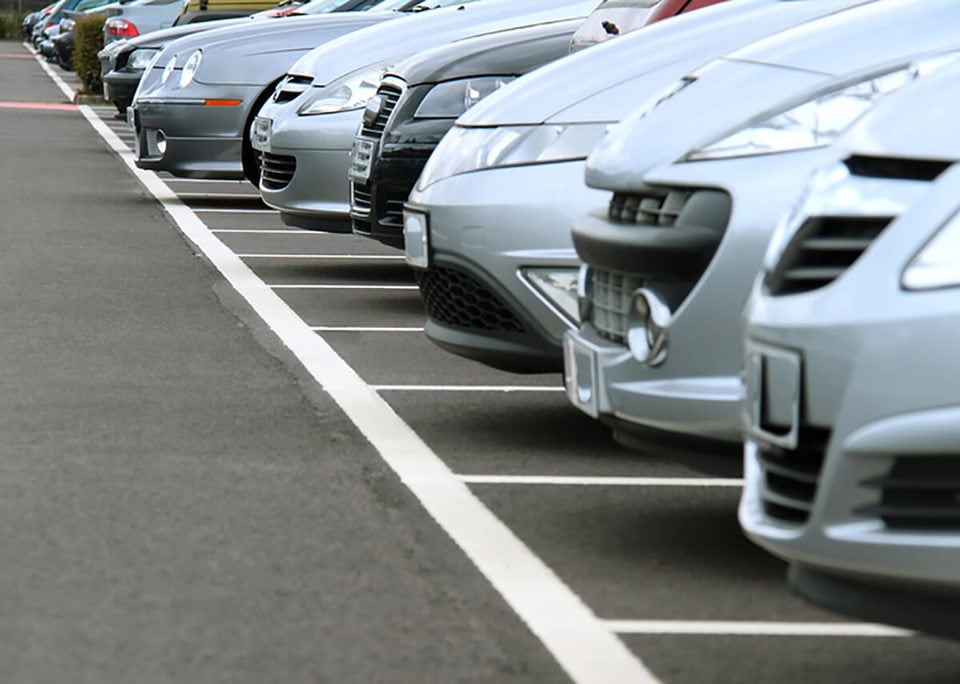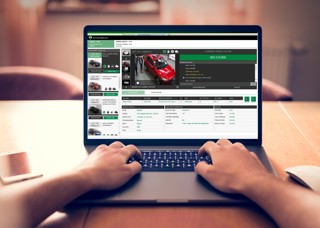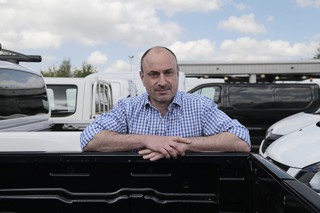Cap HPI has reported a 1.4% decline in used car values during January, as a result of falling demand.
The organisation says that the current Lockdown 3.0 has edged used car values down.
Values in Cap HPI’s Live product dropped by an average of 1.4% or £150, at the three-year point during January.
Car retailers are reporting business levels at between 50-70% of January 2020 levels and the volume of cars sold through trade channels have been at around 60% compared with January last year.
Derren Martin, head of valuations at Cap HPI, said: “Our live trending evidence shows the used car market is certainly open for business, but at a reduced level to normal times. With click & collect and click & deliver still permitted, consumers are still purchasing, albeit to a lesser degree than previous years because of the Government’s advice”
With the average drop of 1.4% in values, Martin confirmed that the pandemic was directly responsible for the fall, causing the January anomaly, which normally sees values remain steady as demand increases.
“With many buyers on furlough and dealers all stocked up from December, in preparation for January, we now see retailers in less of a mood to buy as their stock isn’t flying off the forecourts in the quantities seen last year and there’s less of a need to dip into the trade to replenish it. Uncertainty over when this lockdown will end and what happens immediately following that has also dampened their enthusiasm,” he added.
Some of the hardest hit vehicles have been MPVs, which have dropped by 2.2%. This is a trend that has been happening since October, according to Cap HPI. Values dropped on what could be perceived as ‘unfashionable vehicles’, that are required less now with the need for social distancing.
Data shows consumers switching preferences to the SUV over the MPV, this has been a trend for some time. To drive home the point, Martin outlined three examples: the Ford Galaxy, Seat Alhambra and Vauxhall Zafira – have all dropped by more than 4%.
Prices of electric vehicles and hybrids also remained under more pressure than their petrol and diesel equivalents, due to supply levels increasing and an unwillingness by consumers to pay the current premium that these are currently advertised for.
One area of positivity was for older cars, where average values increased on cars more than 10-years old, particularly in the Sports car market. These remain a particularly desirable purchase for consumers who may have saved money over the pandemic and are looking for an aspirational vehicle to lighten some of the gloom.
Martin said: “Our live data feeds show there is plenty of fluidity in market values across all segments and whilst the used car market and used car dealers have proved themselves to be a robust part of the economy, prices are not immune to the dynamics of supply and demand, despite remaining open for business virtually. We may well see more of the same until we receive clarity on when lockdown 3 is likely to end.”





















Login to comment
Comments
No comments have been made yet.